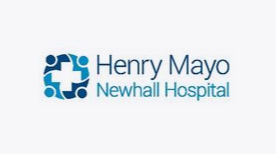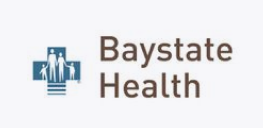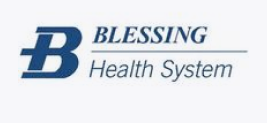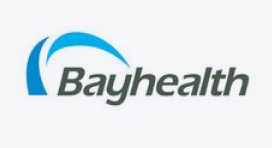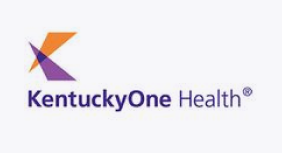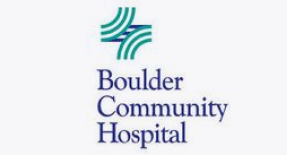April 27, 2022
A Meds-To-Beds Program for 340B Hospitals

340B Eligible Hospitals should look for ways to leverage their outpatient pharmacy operations to maximize the programs benefits.
Surveys have found that only about 40% of patients fill their prescriptions the day of discharge, and 22% have not fill their prescriptions by a median of 12 days after discharge.[1]
With this statistic in mind, many hospitals have implemented a service where medications are delivered to a patient’s bedside prior to discharge, which, therefore ensures the patient has access to their prescriptions when they return home. This is often referred to as a ‘meds-to-beds’ program.
Discharge prescriptions play a vital role in patient care and many studies have shown that adherence to a medication regimen, after discharge, is a significant factor in improving patient outcomes and reducing readmissions. Further, and of particular relevance to 340B Hospitals, due to their more vulnerable populations was one study that showed that hospitals who treat the most vulnerable patient populations are more likely to experience a high rate of readmissions.[2]
The 340B program allows for discharge prescriptions to be considered as ‘outpatient drugs,’ if they are considered to be for outpatient use. This means that that 340B Hospitals can either benefit from providing their discharged patients with their medications at the lower 340B prices or, in cases where the patient has private insurance, can benefit from the profit that the 340B price can create.
[1] Kripalani S, Henderson LE, Jacobson TA, Vaccarino V. Medication use among inner-city patients after hospital discharge: patient-reported barriers and solutions. Mayo Clin Proc. 2008;83(5):529-535.
[2] Barnett, M., Hsu, J., McWilliams, J.M., Patient Characteristics and Differences in Hospital Readmission Rates,
Journal of the American Medical Association (September 14. 2015).



